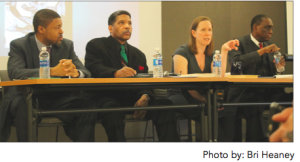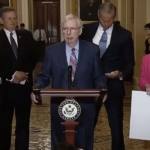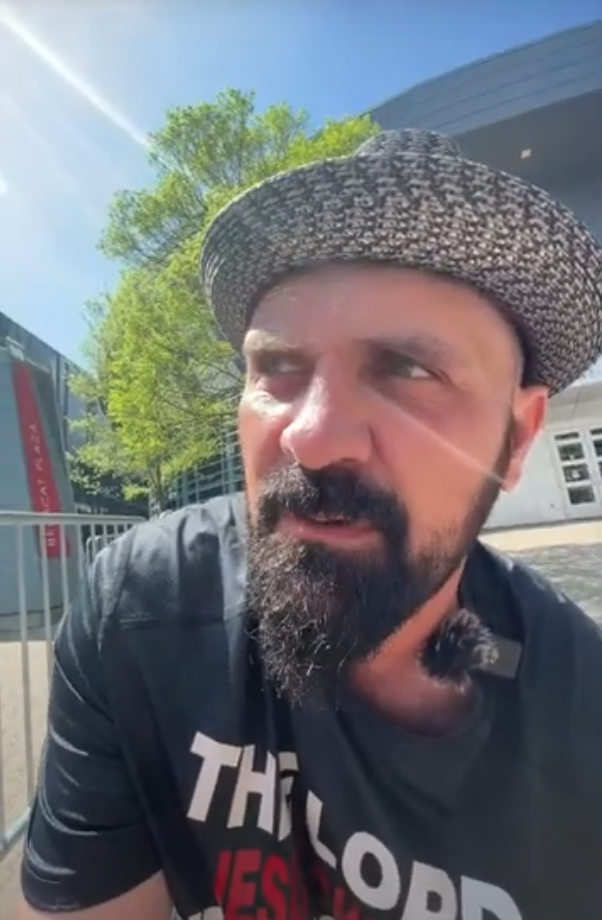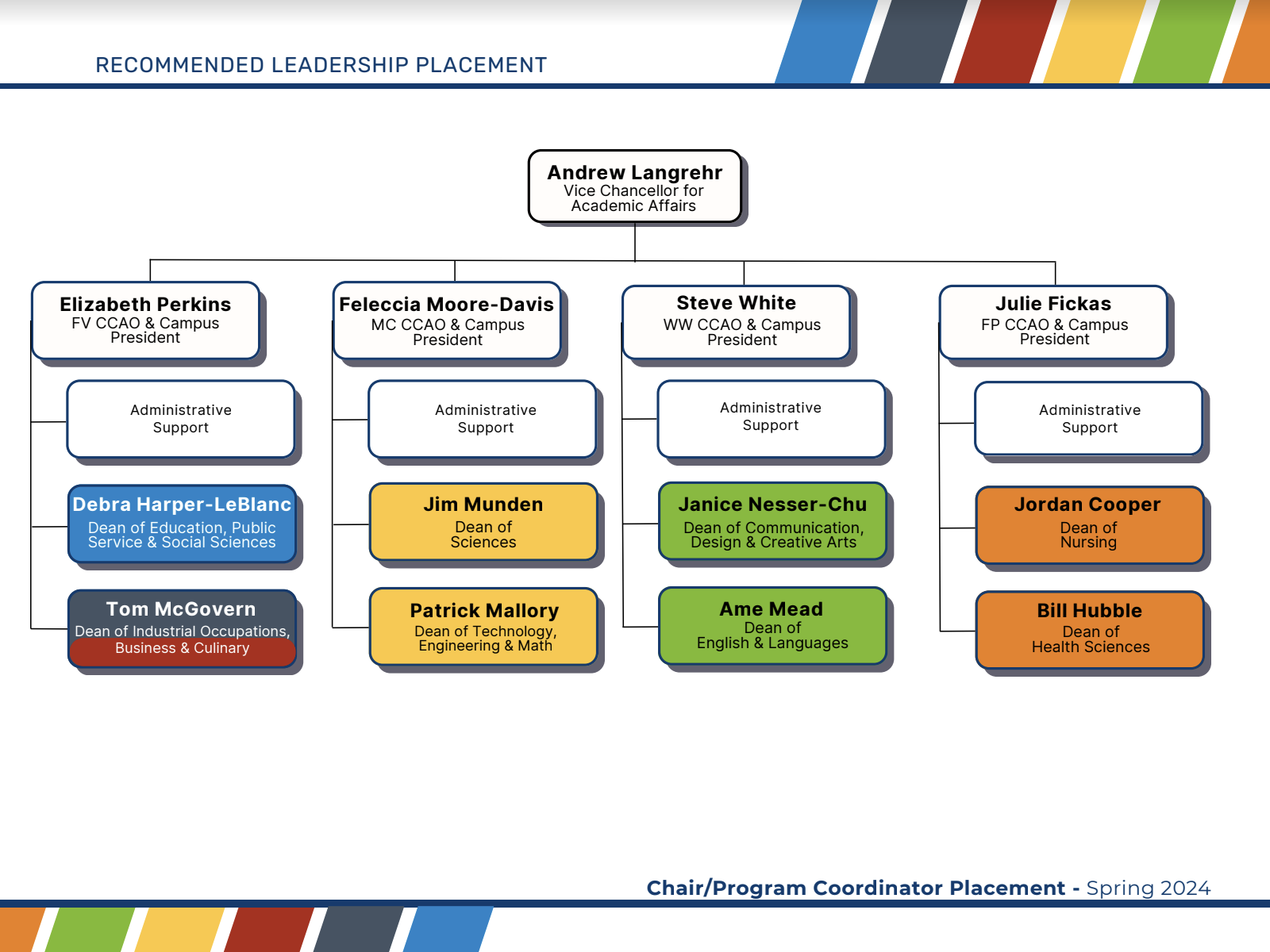St. Louis area experts talk Panthers, politics and social justice
By: Stephen Buechter
Staff Writer
Multiple events were held across campus in celebration of Black History Month. One event was a meeting explaining the history of the Black Panther Party and the relevancy to the modern age of the issues it dealt with. The event consisted mainly of a panel moderated by Adjunct Professor of History Mario Love.
“Democracy and its contradictions breeds dissent,” Love said. “That’s historically consistent and it is contemporarily relevant in the sense that the contradictions of political systems, I think, all the panelists would agree result in blowback from the bottom where people who think that they aren’t a viable part of the American fabric would resist it.”
Love also said that the Black Panthers represented everything right with the United State’s laws allowing freedom to dissent, while showing what is wrong due to existing as a consequence of people feeling left out.
Two Meramec students interviewed after the event both were unsurprised by the information they received. Quintin, a sophomore taking general studies, said that the most interesting part of the panel in his view was the many different viewpoints the panelists presented and how they all interconnected.
Nicole Lewis, a Sophomore taking transfer classes, said that her understanding of the group beforehand was that it was a positive force, and the answers to the questions asked helped support that viewpoint.
Associate Professor of History and African American Studies at Saint Louis University Stefan M. Bradley also hosted an event during Black History Month. The event was called “Consciously Black: the 1960s Movement for Freedom and Justice”. In his opening on Wednesday, Feb. 15 he described the Black Power Movement as “young people recalibrating what we think of as bravery,” and that the events leading up to that movement were “young people finding out that…they could use disruption to achieve goals.”
Bradley said that the movement had lessons to teach modern social movements.
“[The Black Power Movement began] with an awareness or a consciousness….a consciousness of what individual racism looked like, and who exactly and what exactly were worthy opponents of freedom,” Bradley said. “Things are set up in the United States a certain kind of way…. to serve certain people and to accommodate certain ideas, when you start to mobilize against those certain people, those certain institutions, and those certain ideas, that’s when things become very risky, dangerous and treacherous.”
“What we’re learning from Black Power is that execution part of the movement, that is, where you institute changes or implement whatever ideas or plans so that they’re sustainable,” Bradley said.











